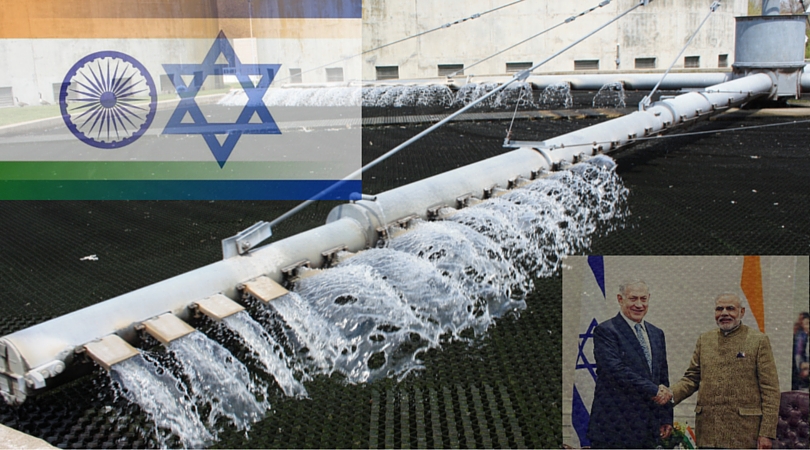Circumcision has often been viewed as a barbaric practice that should have been left in the Dark Ages from whence it came. However, scientists are discovering now that this medical practice may be more advantageous than they had previously believed.
After years of research and development, Israeli-based and run healthcare technology enterprise Circ MedTech Ltd. has come up with an innovation that uses traditional Jewish circumcisions combined with new technology to effectively fight AIDS.
Skeptical?
See what happened when Israeli delegates brought these devices to Africa…
Background
After a huge number of Soviet Jews entered Israel, an overwhelming demand for circumcisions on adult males arose. This is because the Law of Return gave these men Jewish status, but they had never been ritually circumcised back home. With such a great demand surfacing, medical specialists were pressed to come up with faster, more effective, more cost-efficient, and safer ways to perform the medical procedure on adult males. PrePex entered the picture to satisfy this initial demand, but even more interesting were the discoveries that came later.
During their research, scientists found that the procedure actually helped to reduce the risks of HIV/AIDS within heterosexual males. In fact, incidents were reduced by 70% in individuals who had previously been circumcised. These figures were a shocking revelation, offering a medical opportunity to significantly decrease AIDS infections around the world.
Today, PrePex is being used in over 12 countries across the globe to fight the spread of the HIV/AIDS virus.
PrePex in Africa
Upon its resounding success, the Israeli team decided to take their new invention to Africa in an attempt to help dramatically improve the quality of life in this region through the modern circumcision practice. Though many challenges such as limited hospital space, lack of medical practitioners, and hesitancy from the general population to undertake the surgery, urologists boarded a plane, and the rest is history.
Today citizens across Africa are using the PrePex device to enjoy easy, painless, and cheap circumcisions, along with the dramatic health benefits that come packaged with the deal.
PrePex Gains Global Recognition
PrePex has received world acclaim including winning the Oscars of Silicone Valley 2015 Tech Awards for its tremendous preventive efforts towards one of the world’s greatest health care risks. By taking these devices to large communities throughout Africa, the Israeli initiative is spreading the benefits across the globe.
Other Israeli scientists, including Hebrew University professors Abraham Loyter and Assaf Friedler, have developed a method for destroying harmful HIV cells within the body as well. With such a significant breakthrough in the medical field, the world anxiously awaits the next innovation to come out of Israel.



